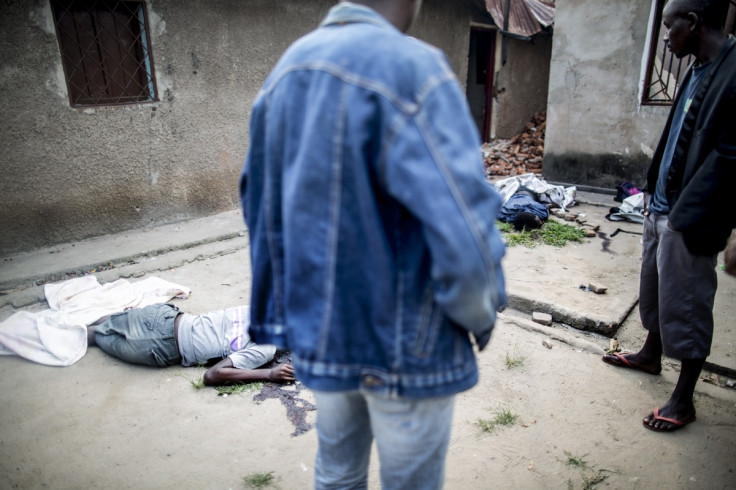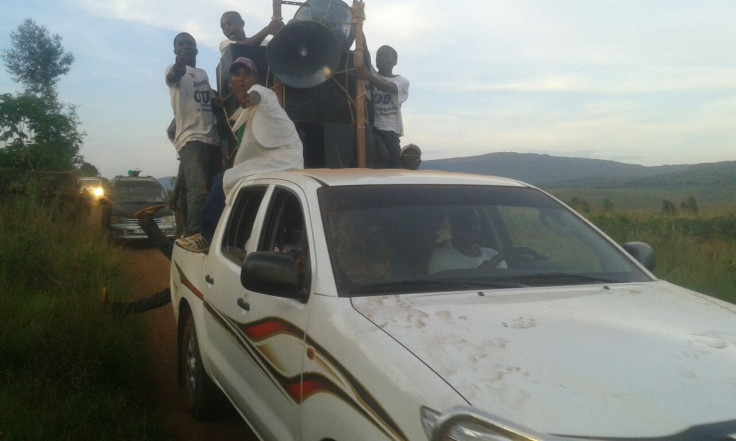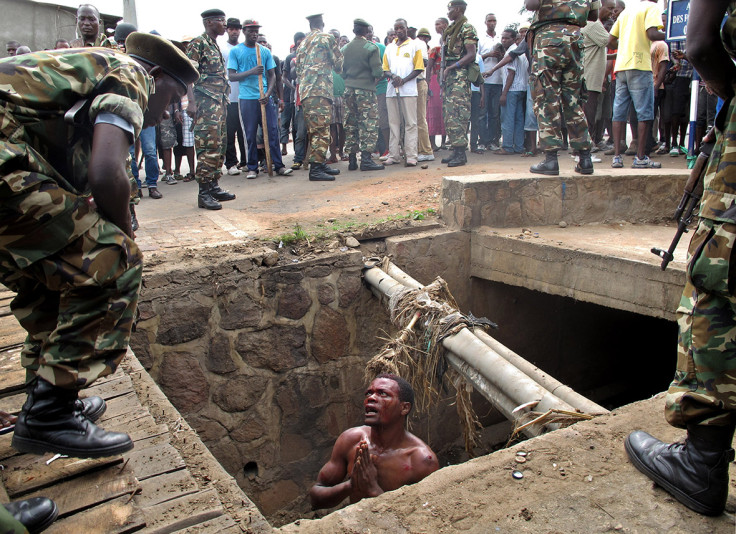Burundi: Increased violence and incitement have 'ethnic conflict' overtones, UN warns
Leaders spark genocide fears with anti-Tutsi propaganda amid violent political crackdown.

Burundi's violence could escalate between rival ethnic groups, the United Nations (UN) High Commissioner for Human Rights has warned.
In a report he delivered to the UN Human Rights Council on Wednesday (29 June), UN human rights chief Zeid Ra'ad Al Hussein voiced fears the deadly political violence that has rocked the country for more than a year could escalate into an ethnic conflict between the Hutu majority and Tutsi minority.
There have been growing fears that the central African nation could be sliding into a Rwandan-style genocide after a number of calls for ethnic-based massacres in Burundi emerged on social media over recent months – orders the embattled authorities and the opposition have condemned.
The increased violence and incitement echo past Hutu-Tutsi ethnic conflicts in the country, that resulted in the slaughter of between 80,000 and 200,000 Hutus by the Tutsi army in 1972, and the civil war that ran from 1993 to 2005, when some 300,000 people were killed. During that time, neighbouring Rwanda also witnessed massacres which cost more than one million lives.
"I am alarmed by the very real prospect of an escalation in ethnic violence," Zeid said. "In the south of the country, I have also been informed of speeches by members of the Imbonerakure amounting to incitement to violence against political opponents, with strong ethnic overtones," he added, referring to the youth wing of President Pierre Nkurunziza's ruling CNDD-FDD party.
Tutsi ex-FAB armed forces increasingly targeted
Despite a respite in the killings, Zeid warned cases of arbitrary arrests, detention and torture have continued while ex-officers of the defunct armed forces (dubbed ex-FAB) had been killed because of their Tutsi ethnicity.
Burundi's army is composed equally of the country's two main ethnic groups − soldiers of the former regime, the predominantly Tutsi ex-Armed forces of Burundi (ex-FAB), and fighters of the majority Hutu rebel groups comprising members of former rebel factions like the current ruling party that were fighting against the Tutsi-led regimes before the war ended (dubbed Parties and Armed Political Movements, ex-PMPA).
While the integration of both factions was seen as a great achievement of the 2000 Arusha peace agreement, the political crisis that has rocked the central African nation for more than a year now has laid bare deep internal divisions among the army.

Security forces behind majority of 348 arbitrary executions
The alarming report found there had been at least 348 cases of arbitrary executions between April 2015 and April 2016, the majority of which have been carried out by "police officers, National Intelligence Service (Service National des Renseignements – SNR) officers, and after October 2015, by members of the anti-riot brigade".
Read more: Who are the feared Imbonerakure youth?
At least eight arbitrary executions were carried out by the Imbonerakure, the UN found.
Zeid also told the Geneva meeting he was concerned about thousands of arbitrary arrests. Out of 5,881 arrests documented over the year, the UN found at least 3,477 were arbitrary,
Burundi government slams UN report as unbalanced
Commenting on the report's findings, Burundi's embattled government rejected Zeid's accusations, claiming the report had failed to include a lot of items, and was unbalanced.
"It's scandalous that the report does not mention young people who have tried to create chaos, after being recruited, trained and armed. There serious attacks with heavy weapons... murders by non-identified actors against members of defense and security forces – we don't really see it in this report," Burundian Human Rights Minister Martin Nivyabandi said, pointing to attacks carried out by rebel groups in the country.
The minister also slammed the "stigmatisation" of the CNDD-FDD's Imbonerakure.
"We would like to remind the council that the Imbonerakure are just members of the youth league of the CNDD-FDD, just like any other party in Burundi that has a youth component in its organisation. Their stigmatisation, through the different reports and statements, has cost a lot of lives."

Is a genocide is in preparation in Burundi?
Are the eight stages of genocide applicable to the nation's spiralling violence?
'A genocide is being prepared and the UN will be too late', says Genocide Watch
Ethnic conflict? Army deaths are 'evidence of clear divisions in Burundi's army'
'There is no genocide under way', claims award-winning journalist Roland Rugero
© Copyright IBTimes 2025. All rights reserved.






















